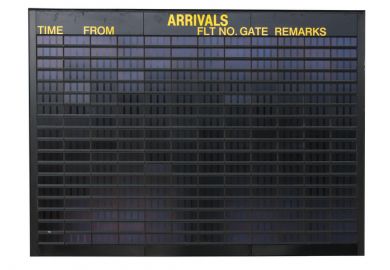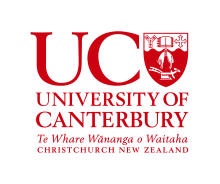Academics curating New Zealand’s scientific response to the Covid crisis have been gifted an opportunity seldom available to their overseas peers, according to University of Canterbury mathematician Alex James.
A modeller with the New Zealand Centre of Research Excellence for Complex Systems, Dr James usually investigates ecosystems and other biological phenomena. That all changed when the danger from the coronavirus became apparent in March.
“We were doing equations on the back of an envelope and realised, this could be really bad,” she said. The centre pivoted to Covid-related modelling and fed the results to the government.
“A couple of months later they started funding us. Slowly but surely, we built up very good communications with the various government departments. The things that we’re doing are completely led by them – people in government saying, ‘We want to classify countries by risk. Which nationalities is it safest to let in? Is it worth buying this vaccine? Or should we buy that vaccine?’
“It’s incredible. I don’t think I could be doing this anywhere else in the world.”
The opportunity arose partly thanks to the country’s size, Dr James said. “No other group in the country has the skills we have. If we were in Britain or America, there would be dozens of groups fighting for the government’s ear.
“Other countries have mathematical epidemiologists who do very specialised public health work. We don’t, but mathematical epidemiology is part of any modeller’s toolkit.”
New Zealand’s “strong science-led approach” has been the other big factor. Dr James said the centre’s work sometimes featured in the “Jacinda and Ashley show” – the daily briefing by prime minister Jacinda Ardern and health chief Ashley Bloomfield.
“Very occasionally, we’ve seen Jacinda holding one of our graphs,” Dr James said. “There is no prouder moment than when you can Facebook that to your mum.”
Such influence was unprecedented, she said. “We are classic academics. If we get five citations on a paper, we’re really proud. I do very applied work and it has impact, but not on a scale like this.”
But can such dialogue survive the pandemic? “It’s quite expensive to get a bunch of academics working on something like this, so government needs a very present problem to justify the cost.
“Usually these things proceed more slowly, tendered out through some big funding scheme, because the problem is long term. Whereas this problem is: ‘We need to bid for a vaccine yesterday.’”
POSTSCRIPT:
Print headline: ‘I don’t think I could be doing this anywhere else in the world’: the scholars shaping the nation’s response
Register to continue
Why register?
- Registration is free and only takes a moment
- Once registered, you can read 3 articles a month
- Sign up for our newsletter
Subscribe
Or subscribe for unlimited access to:
- Unlimited access to news, views, insights & reviews
- Digital editions
- Digital access to THE’s university and college rankings analysis
Already registered or a current subscriber?










